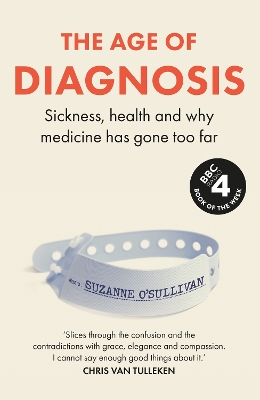Coming back to the question that the OP actually asked:
I’m looking for advice on how best to plan for the long-term support of one of our children, who was recently diagnosed on the ASD.
The diagnosis is consistent, as I understand it, with a range of possible outcomes, in terms of the child's ability, when an adult, to live independently and support himself financially. It's entirely possible that he will be able to do this successfully; it's also possible that he won't.
Financial planning for the outcome would be greatly facilitated if we knew what the outcome was going to be. So the first priority is going to be engaging with those who know, and have experience, to get a better undertanding of the long-term implications of the diagnosis for this child. But, I suspect, there won't be any neat, confident answers; the message will be that this is something that will only emerge slowly, over time.
We're not told the child's age but I presume they are still quite young, so adulthood is many years away. If you fear that the child will be unable to support himself in adulthood, you might want to start
saving now to build up a fund that will be available to suport the child later. Through the magic of compounded returns, the amounts you put in when the child is, say, 3, will do much, much more to build up a large fund available when they are 23 than similar amounts put in when the child is 13 will do. If it becomes apparent in due course that the child will likely be able to support themselves, great; you can reduce or stop your savings, and even dip into them if you wish. So I would suggest:
- If you can, commit to regular savings now
- Your investment strategy should focus on long-term growth; you don't care what these savings are worth in one year or three years or five years; you care what they are worth in 20 years or more. So don't leave your savings on deposit in a bank, earning fractional amounts of interest; put them into real assets that will grow with the economy — shares, property — and don't be spooked by short-term volatility.
- Don't, at this stage, tie up the savings in an investment product that can't be accessed until your child with ASD is an adult, or that can only be used for that child or that child's benefit. We don't know what the child's needs will be; as events unfold, it may well be that the money won't all be needed for that child, and you may want to access it early and/or use some of it for other purposes. This is something you can keep under review.
You don't say how old you are. It may well be that, even when your child reaches 18 or 21, you will still be in active employment, with more years of earning ahead of you. So we could be looking at a savings period continuing long after the child reaches adulthood. Which means you can save a larger capital sum, or maybe reduce your monthly savings a bit from what would otherwise be desirable, or a bit of both. You'll want to model this with a financial adviser to see what the parameters are.
we want to start thinking seriously about how to provide financial security — especially in the event that both of us (the parents) were no longer around.
Please God you will both be spared for many years, to complete a long period of savings so that there is capital there to assist your child, should they need assistance.
But you want reassurance that, if things work out differently, your child will still have some financial security. So, give serious consideration to taking out life and/or disability
insurance, to provide the capital that you haven't saved if you die or become disabled before your time.
If you're in good health, term life assurance that will pay out only if you die before (say) age 65 is relatively cheap (because the chance of you dying before age 65 is not very high). It may be possible to get a policy that will pay out a declining amount as you age, which would be cheaper still; this fits with the risk you are trying to manage, which is that you would not have completed your planned savings — the longer you live, the more you will have saved, and the less the shortfall will be. Again, a financial adviser will help you work out what cover you need, and help you source it.
And you should both
make your wills. God forbid that you would both die before your time but that could happen in, e.g, a car crash. Your will should name a guardian for your children. It should also, I suggest, establish a trust into which all your property should go, and the trustee should have discretiojn about how and when to apportion the property (including the accumulated savings, and the life assurance proceeds) between your children. If your ASD child's needs turn out to be very high, you might wish the trustee to prioritise that child in the distribution of the estate; if not, you might want the estate divided equally when your children are all adults. Discuss what you would like with your chosen trustee and consider writing a "letter of wishes" setting out how you would like them to deal with the estate in various scenarios.

